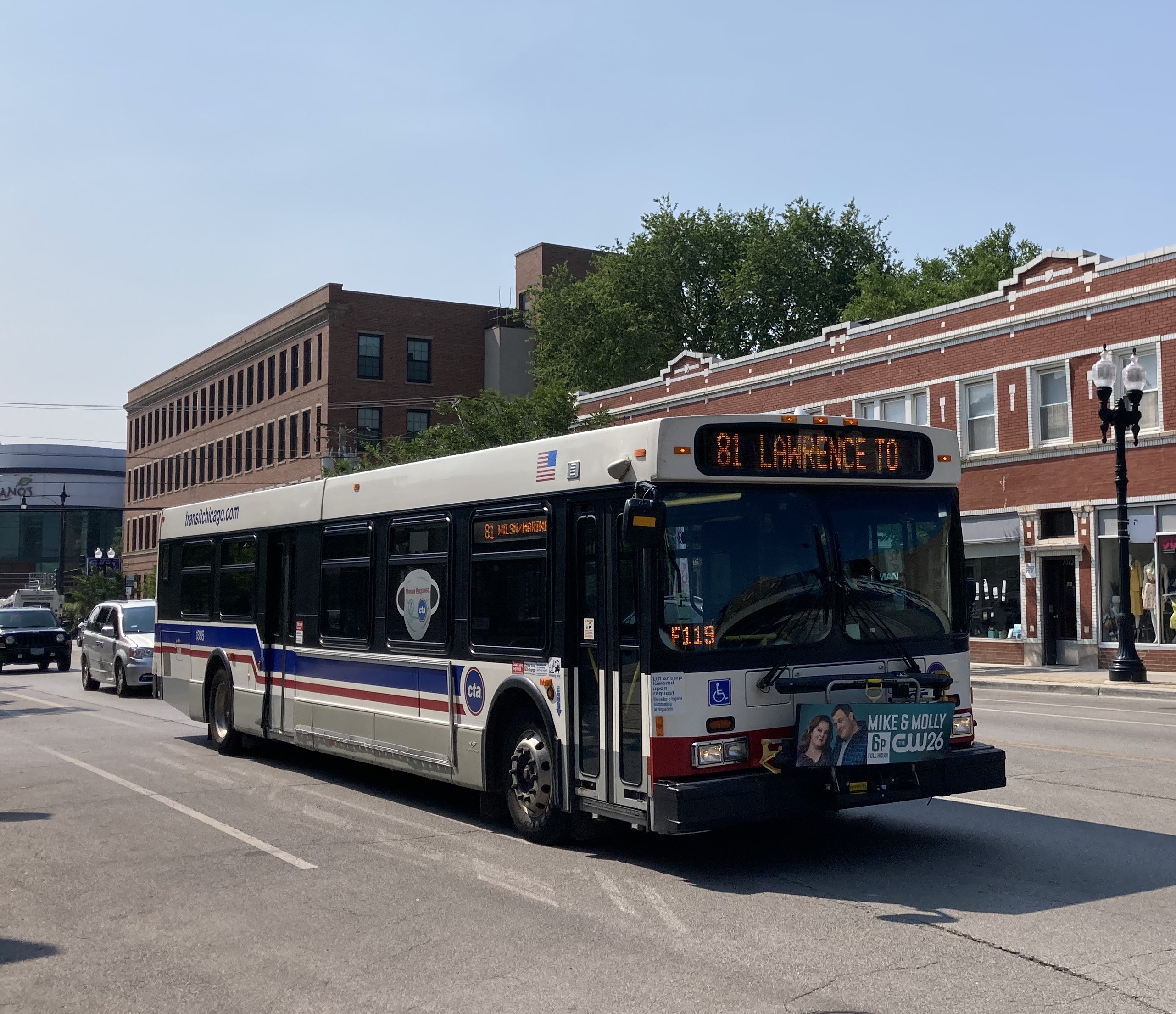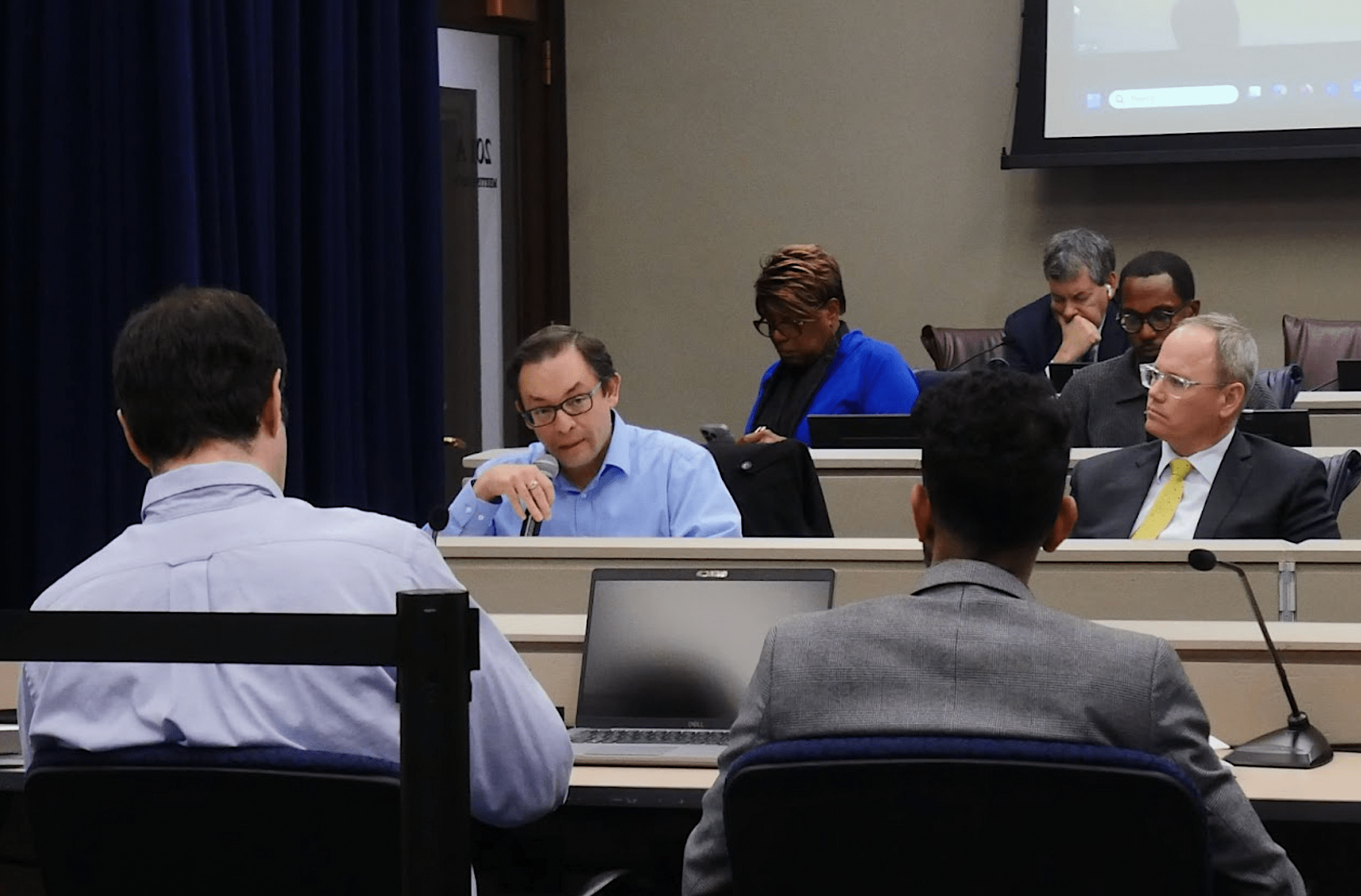This year as the Chicago Public Schools gets ready for the return of in-person learning, Mayor Lori Lightfoot and the CTA announced that once again all Chicagoland schoolchildren will be able to ride the system for free on the first day on August 30, thanks to a corporate sponsorship.
But meanwhile SF Muni, the transit system for the city and county of San Francisco, is launching a yearlong pilot of free rides for all children, made possible an investment from the city government. Chicago should follow suit.
This year's "First Day, Free Rides" program for Chicagoland K-12 students, as well as any accompanying adult, is sponsored by Butcher Boy Cooking Oils.
"Every student I've heard from is eager to get back into the classroom and offering them free CTA rides on their first day is a great way to build on their enthusiasm," said Lightfoot in a statement. "We are beyond excited to have our students back in school, focused and ready to succeed after all they and their families have endured over the past 18 months."
In 2019, the last year before the COVID-19 pandemic shutdown, the program provided about 106,000 free rides to students and their parents or guardians, according to the city of Chicago. Since the program started a decade ago, more than 1.1 million free rides have been provided.
In a press release on the free rides program, the city of Chicago noted that during other school days, schoolchildren can ride for a reduced fare of 75 cents between 5:30 a.m. and 8:30 p.m. At other times, elementary students, ages 7-11, can ride buses for $1.10 and trains for $1.25. Students aged 12 and older pay the full fare of $2.25 on buses and $2.50 on trains during non-school hours.
But the CTA's free and reduced rides programs for school kids seems downright miserly compared to San Francisco's forward-thinking Free Muni for Youth initiative, which launches this Sunday, August 15, before school starts on Monday. Children under 18 of all income levels will be able to ride buses and trams for the next 12 months.
No application or proof of payment/Clipper card will be required to ride Muni vehicles, except for cable cars. Children who appear young enough to qualify won't be asked for proof they're eligible, but those over age 16 are encouraged to carry a student ID.
San Francisco previously rolled out free Muni for low-income youth aged 5-18, and special education and English Learner students under 22 also get free rides.
According to the San Francisco Metropolitan Transportation Agency, which runs Muni, expanding the program to over 100,000 more kids who didn't previously qualify was made possible by San Francisco Mayor London Breed allocating $2 million for the pilot in the city's 2022 budget.
It would be great to see Chicago make a similar investment in our city's youth by funding free rides for kids of all ages, at all times, all year.
In recent years the Active Transportation Alliance has led the Fair Fares campaign, exploring the possibility of discounted fares for low-income Chicagoans on CTA, Pace, and Metra. Inspired by the campaign, in June 2019 Back of The Yards Preparatory High School students Angela Saldana, Elizabeth Vargas, and Janely Sanchez wrote an open letter to Lightfoot calling on her to provide free transit for students year-round.
"If more students were to use public transportation, they would be more likely to get to school on time, and it would also help reduce CO2 emissions," the students wrote. "Getting to school in a car pollutes the air at a high rate, but using transit helps reduce the amount of miles driven, therefore reducing the amount of pollution." Free transit would also make it easier for youth to access extracurricular enrichment programs and after-school jobs.
During the 2019 mayoral election Lightfoot promised to implement reduced transit fares for low-income Chicagoans of various ages. There's been no sign of any movement on that pledge.
Launching a free fares pilot for schoolchildren would be a great way to start improving transportation equity in Chicago, helping us catch up with peer cities that are way ahead of us in that department.





